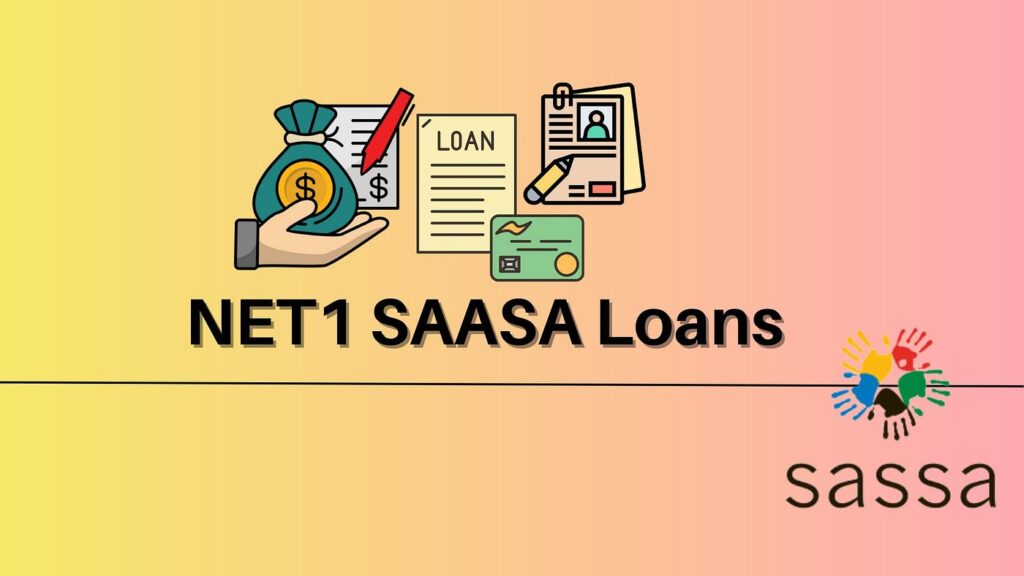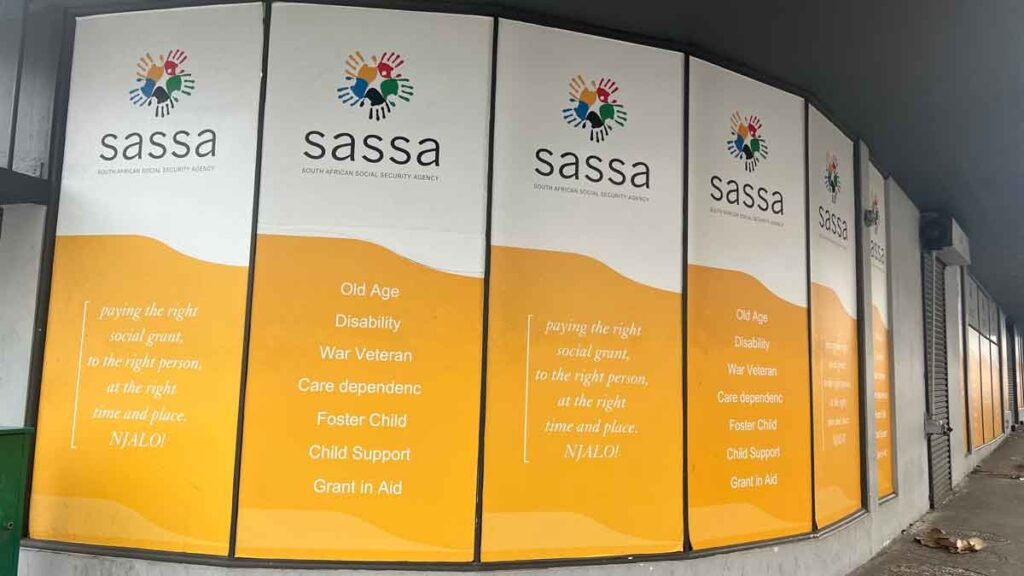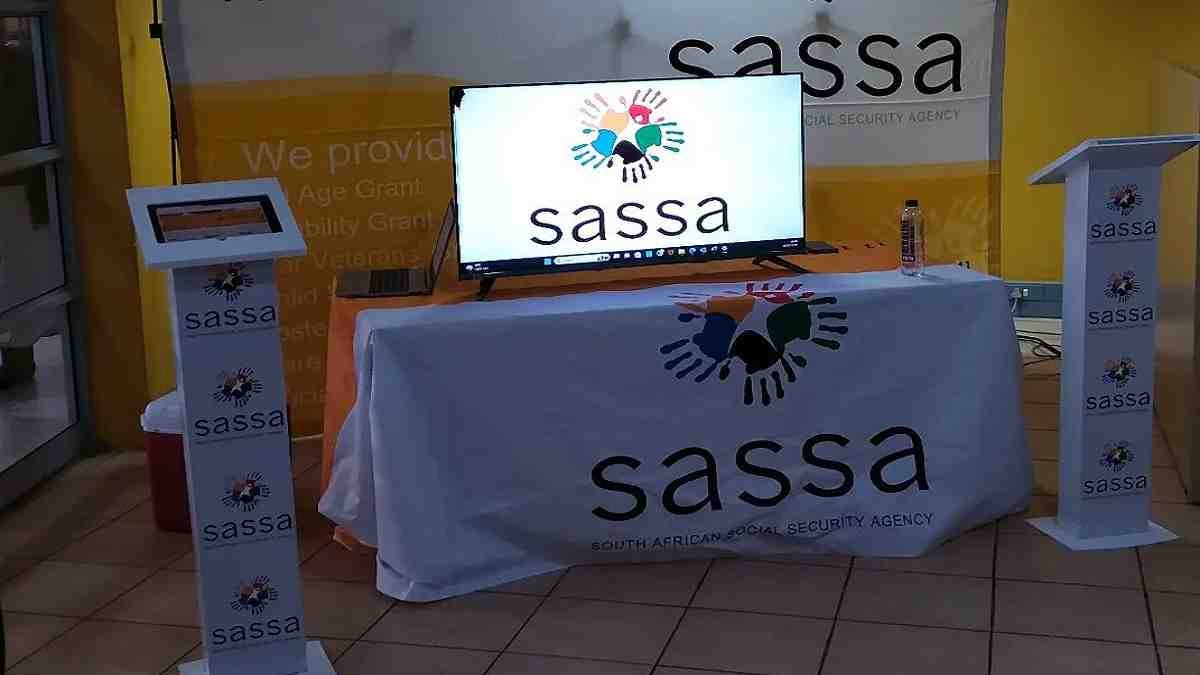In South Africa, the Social Relief of Distress (SRD) grant, commonly known as the R350 grant, provides temporary financial assistance to individuals facing severe economic hardship. However, not all applications for this crucial aid are successful, and some are declined. If you’ve received a notification that your SASSA R350 grant payment has been declined, it’s crucial to understand the steps involved in appealing the decision.
This comprehensive guide will walk you through the process of appealing a declined SASSA R350 grant, including preparation, submission, and follow-up. For more information on your grant status, you can visit the SASSA status check page.
Understanding Why Your SASSA R350 Grant Was Declined
Before appealing your declined SASSA R350 grant, it’s essential to understand the common reasons for rejection. SASSA may decline applications due to incomplete information, failure to meet eligibility criteria, or errors in the application process. Knowing the specific reason for your grant’s rejection is crucial, as it will help you tailor your appeal effectively and address the correct issues.
Common Reasons for SASSA R350 Grant Rejection
Here are some of the most common reasons why SASSA may decline an application for the R350 grant:
- Incorrect personal details (ID number, bank information)
- Existing income sources that disqualify the applicant
- Duplicate applications under the same ID
- Failure to meet the qualification criteria, such as being a recipient of other social grants
Preparing for Your SASSA R350 Grant Appeal
If your SASSA R350 grant application has been declined, you have the right to appeal the decision. To prepare for your appeal, follow these steps:

Gather Documentation
Collect all relevant documents that support your case. This includes your ID, proof of address, and any evidence that may counter the reason for your application’s rejection. Having these documents ready will strengthen your appeal and provide SASSA with the necessary information to reevaluate your case.
Understand the Appeals Process
Familiarize yourself with the SASSA appeal process. It’s important to note that the appeal must be made within 30 days of receiving your declined notice. Understanding the timeline and procedures involved will ensure that you meet all the necessary requirements and deadlines.
Write a Concise Appeal Letter
Draft an appeal letter that clearly states your case. Include your personal information, grant ID, the reason for rejection as stated by SASSA, and why you believe the decision should be reconsidered. Be concise and provide supporting evidence to strengthen your argument.
Reasons for SASSA R350 Grant Application Denial

The South African Social Security Agency (SASSA) has provided insights into the various reasons why some applications for the R350 Social Relief of Distress (SRD) grant were declined. Many applicants took to social media to voice their frustrations over declined grant applications and payments.
SASSA stated that it had received just under 12 million applications at the beginning of August after the means test threshold was increased from R350 to R624. However, not all applications were successful.
Reasons for SASSA R350 Grant Application Denial
According to SASSA, the following are some of the reasons for applications being denied:
- Alternative income source identified: The applicant had funds flowing into their bank account of more than the threshold for the given period: R595 for August 2021 to March 2022; R350 for April 2022 to July 2022, and R624 for August 2022 to March 2023.
- Identity verification failed: Personal details provided at the time of application do not match the details received from the Department of Home Affairs.
- Existing SASSA grant: The applicant was a recipient of a social grant for themselves during the application period.
- Debtor: The applicant was paid R350 in a month (or more) when they did not qualify. The error was picked up, and the money was withheld to correct that error. Payments will resume if the client still qualifies once all outstanding R350 payments are recovered.
- NSFAS registered: The applicant was in receipt of the National Student Financial Aid Scheme during the specific period.
- UIF registered: The applicant is registered with the Unemployment Insurance Fund (UIF) or received a payout during the period.
- Government payroll registered: The applicant was in the employ of a government institution during the period.
Previously, SASSA warned that it is the responsibility of every citizen whose financial circumstances change, even while they are receiving the grant, to immediately inform the agency of the change.
Age-Related Disqualifications
SASSA also highlighted two age-related reasons for disqualification:
- Age outside range – over 60: The applicant does not qualify for the grant due to not meeting the age requirement of being below the age of 60 during the period.
- Age outside range – under 18: The applicant does not qualify for the grant due to not meeting the age requirement of being above 18 years during the period.
Deceased Record
Another reason for disqualification is if the applicant was registered as deceased on the Department of Home Affairs database during the period.
Submitting Your SASSA R350 Grant Appeal
Once you have prepared your documentation and appeal letter, it’s time to submit your appeal. SASSA provides various channels for submitting appeals, including:
Online Submission
Visit the SASSA website and navigate to the appeals section. Follow the instructions to complete and submit your appeal online. This method is convenient and allows you to track the status of your appeal easily.
In-Person Submission
Alternatively, you can visit your nearest Sassa Office and submit your appeal in person. Ensure that you bring all the necessary documentation and a copy of your appeal letter. The SASSA staff will guide you through the process and provide you with a reference number for tracking purposes.
Postal Submission
If you prefer to submit your appeal via post, you can mail your appeal letter and supporting documents to the SASSA appeals department. Be sure to include a self-addressed, stamped envelope to receive updates on the status of your appeal.
